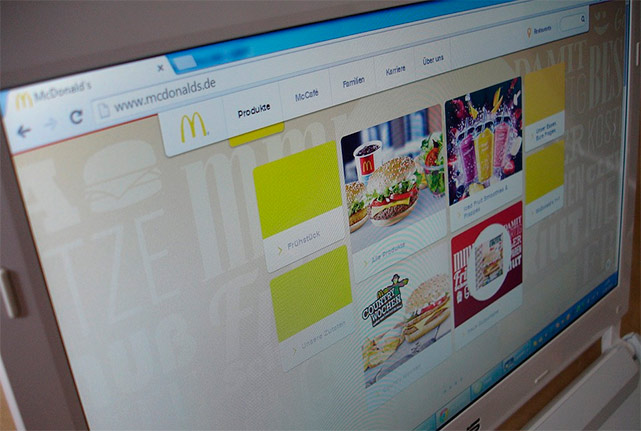Foreign media write about the difficulties and challenges that confront us with achievements in the field of high technology – invisible mental self-isolation and the complexity of the development of on-demand delivery.
Over the past decade Silicon Valley venture capitalists invested $9 billion in 125 projects of on-demand delivery, including $2.5 billion in 2016. Some players of local delivery services such as DoorDash, agree on cooperation with restaurants and franchised outlets, the others, for example, Deliv – with taxi drivers. At the same time the big players such as Uber (UberEats, UberRush), Amazon and DHL came into the market. However, recently, this industry causes them more issues and wary. On the one hand smartphones creates clients’ expectations of ease and convenience of ordering – and hence the need for flexibility and speed of delivery. On the other hand, thin margin, high competition, many tasks without simple solutions or economies of scale kills their faith in the sector. In the US this year had a number of high-profile failures with projects SpoonRocket, PepperTap, and Indian grocery delivery service. In an interview with Reuters investors say that there is no way to raise prices for consumers or reduce the cost of labor, so there is no economic basis for investment.
Another kind of hi-tech challenges was posed by Professor Sydney Finkelstein (Sydney Finkelstein) in his article on the BBC, where she writes that the Internet takes away our originality. The web sites try to predict what we want to find, read, hear, and see. In the framework of our past they do it quite deftly. At the same time they impoverish the palette of the information provided, depriving us of the opportunity to improvise and placing us in a caring and comfortable “straitjacket”. The problem of narrow-minded affects your personal life and business and leadership. Professor recommends dealing with isolationism, selecting unusual candidates for an existing team, who might think differently. But for yourself – to have a habit of doing something outside you are used to: try a new cuisine, watch movies from a different genre, speak with someone very different from you, and ask him for a recommendation of what to read, watch, and eat.


